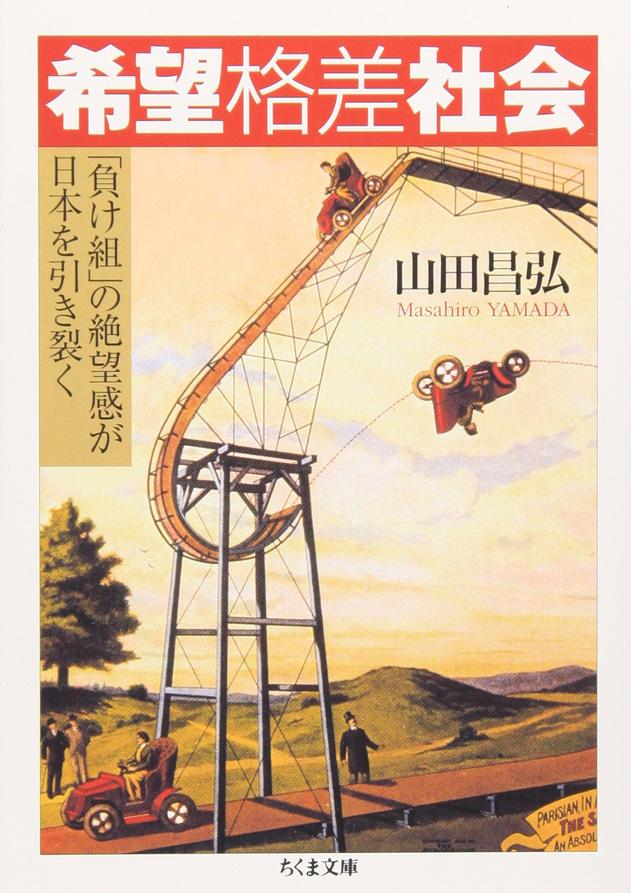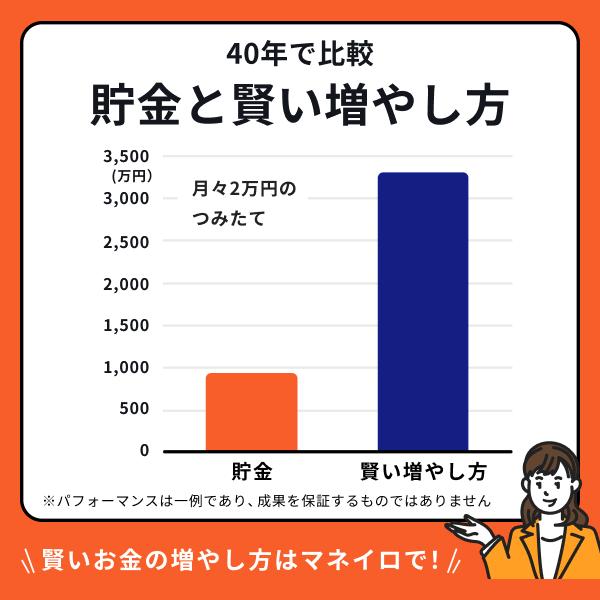
Adults' thinking of "winners and losers" narrows children's possibilities!?
The words “winners” and “losers” may not have been familiar to the current working generation when they were children. The word itself has existed for a long time, but 2006 was the decisive moment when it was used in the current sense, such as those who are successful in a disparate society and, conversely, those who are economically disadvantaged. At that time, Prime Minister Junichiro Koizumi's remarks such as "winning group, losing group, waiting group" attracted attention, and there is a history of being nominated for the New Word and Buzzword Award in the same year. By the way, in 2006, the part-time jobbers who were called “waiting group” were absorbed by the losing group. Today, the term “winners/losers” is widely used in the media and in books to describe the polarization of the economy.
The effects of increasing polarization have also affected childrearing
For the past 15 years, the Lehman Brothers bankruptcy (2008) occurred just after the economic bubble burst and the economy was finally picking up. It was hit by a great earthquake (2011). Although the economy recovered after that, the spread of the new coronavirus infection since 2020 has plunged the global economy into turmoil. Dark words such as "disparity society" and "downstream society" have already been nominated for the 2006 New Word/Buzzword Contest mentioned above. From that time on, the concept of the general middle class collapsed, and it can be said that the polarization of the haves and the have-nots, such as the employment system of regular and non-regular employment, and whether or not they have a spouse, was viewed as a problem. Needless to say, the collapse of Lehman Brothers accelerated this trend and became decisive. While dealing with non-regular workers and refugees from internet cafes became a social problem, the tendency to see everything as a winner or a loser became stronger. The same thing is happening in the world of parenting. Parents who raise children who pass the entrance exam and follow the elite course are "winners", and parents who have children who fail the exam or are not good at studying are ridiculed as "losers". The tendency to be conscious of winning and losing spread. Parents who aim to be a winner want their children to "get an educational background and career that everyone will envy," "get a job at a large company, become a professional or a doctor, and have a stable living foundation." I will do everything in my power to live a life in which I will marry someone who is worthy of such a position. It may be said that the parents who are obsessed with the winning team are extremely enthusiastic about education and admit only schools with a certain deviation value or more.

